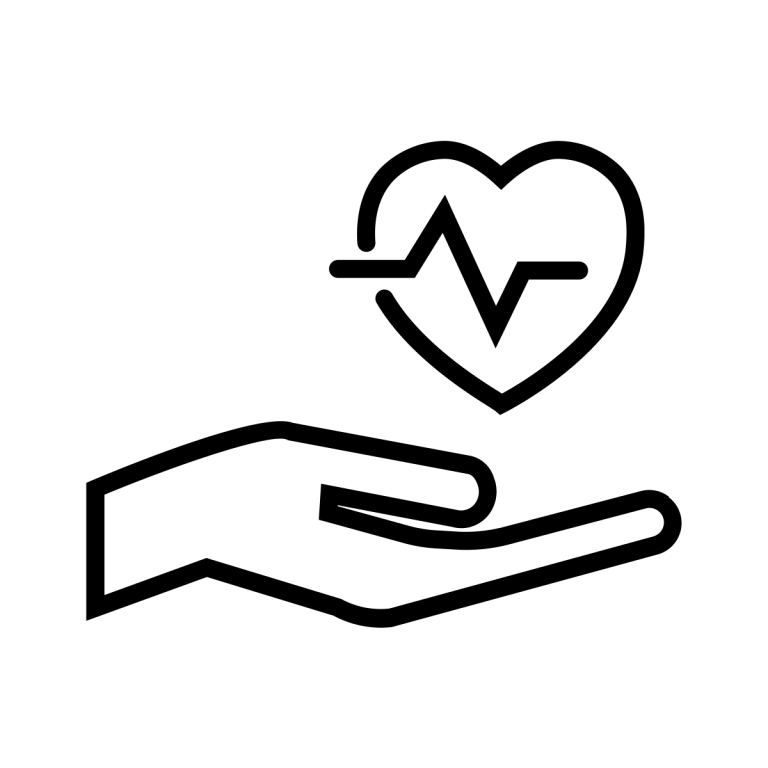The impacts of human pressures on our ecosystems, such as land conversion, environmental pollution, and the growing threat of climate change, are causing habitat degradation for thousands of species worldwide. As protecting life on land and life below water is becoming increasingly important, we want to explore how we can mobilize the engineering community and leverage technological innovation to protect, restore and promote sustainable use of marine and terrestrial ecosystems.
Click on the video at the top of this page to hear from a diverse panel of experts representing organizations leading conservation efforts around the world in this recorded E4C Webinar.
Speakers
Cassie Hoffman is the global development and innovation lead at Conservation X Labs, seeking and implementing innovation applications and opportunities in the field and internationally. She directs the USAID-financed Accelerating Innovation for Artisanal and Small-Scale (ASM) Mining Operations in the Amazon Program, a two-year (2020-2022) innovation project to identify, pilot, test, and scale-up solutions to make ASM more environmentally responsible and socially equitable. She is a social scientist with expertise in market mechanisms for conservation, community development, and social marketing and behavior change.
Miles McGonigle is a Project Engineer at SECORE. He graduated from the University of Kansas with a B.S. in Civil / Environmental Engineering. He then worked for a large consulting engineering firm focusing on water and wastewater treatment for 7 years; 4 of those in Chile on site at the largest desalination plant in the Americas. After learning and growing as a professional in this industry, Miles looked to have a more direct impact on conservation and took his current position with SECORE International in Miami, FL where he has been for the past 2 years. SECORE’s mission is creating and sharing the tools and technologies to sustainably restore coral reefs worldwide. As Lead Engineer, he focuses on the upscaling of coral restoration by taking biological lessons learned from research and sourcing ways to implement them through design and manufacturing.
Nandini Mehrota leads program strategy, project implementation and impact assessment at Technology for Wildlife Foundation. She has an MPA in Environmental Policy from Cornell University, and oversees our applied research projects. Her interests lie in the intersection of conservation technology and governance.
Tiamiyou Radij brings over 20 years of experience working in the International Development. Founder and CEO of KRANTH a Senegalese Social Enterprise that develops concepts of collecting, sharing and using data with drones to stimulate change. Tiamiyou worked and consulted for the UN, DFID (UKaid) Millennium Promise of Columbia University under (UNOPS), EngenderHealth, ONE Campaign, Action Aids, Sight Savers, CRS and more. Tiamiyou has significant experience in service business, Technology Resource Planning, Technology Risk Management and elaboration Standard Operating Procedures, Feasibility studies and consulting missions for international donors and agencies. He has a Master’s degree in computer science from the University of California, Extension, and a degree in business strategy/information systems management from the International Institute of Management in Las Vegas, Nevada, USA.
Moderators
Iana Aranda is the Director of the Engineering for Global Development at the American Society of Mechanical Engineers (ASME). At ASME, Iana sets the business strategy of a portfolio of programs and platforms that advance knowledge, workforce and hardware-led social innovation to improve the quality of life of underserved communities. Iana also serves as the President of Engineering for Change – a knowledge organization and global community of over 1 million individuals dedicated to design and delivery of essential technologies advancing sustainable development.
Francisco Plaza is currently working with Engineering for Change to support the acceleration of technology-led ventures looking to mitigate the environmental and social impact of artisanal gold mining in the Amazon region. Internally, within E4C, he is working to optimize and implement institutional processes to achieve further impact and scale. Francisco was a 2021 Fellow with E4C working on optimizing a DC solar fridge for rural areas in Sub-Saharan Africa with Amped Innovation and supported Autodesk Inc. with research aiming to understand future job pathways in mechanical design and manufacturing industries. Prior to his Fellowship, he was selected as one of the finalists in the Siemens Design Challenge with a novel desalination solution for Ecuadorian, coastal, low-income communities. Francisco graduated Magna Cum Laude with a BSc in Mechanical Engineering from University San Francisco de Quito in 2020 and did a study abroad program in 2018 at Purdue University.
Carolina Rojas is a Program Associate at Engineering for Change. She is pursuing her B.Sc in Mechanical Engineering and works as a Research and Administrative Assistant at the Fab Lab in Universidad Tecnológica de Panamá. She has four years of experience working and volunteering in the global development sector for Engineering for Change and Panama Flying Labs. Carolina contributes to sustainable development efforts both through engineering and science policy, she is an advocate for the democratization of fabrication technologies and the use of robotics for social good and participates in science policy efforts. Carolina also serves as Technology Focal Point for the United Nations Major Group for Children and Youth.

Would like to join
So curious about this event! Unfortunately, it will be very hard for me to attend at this slot… Are you possibly recording it and sharing? Thank you!
Yes, please check this page a day or two after the webinar and we should have a video posted. Thanks for your interest!